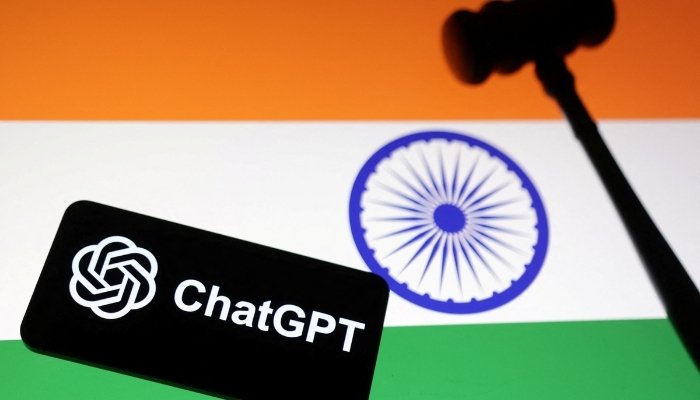
Indian news units of Indian billionaires, including Gautam Adani's NDTV and Mukesh Ambani’s Network18, the Indian Express, and Hindustan Times, have officially filed legal papers in New Delhi, joining a lawsuit against OpenAI for allegedly using their copyrighted content to train its artificial intelligence (AI)-powered models without any permission.
This legal action expands upon the current global claims from editors, musicians, and renowned news organisations accusing tech companies of using content to train AI models without any permission. Media companies raised concerns regarding their news websites that they are being “scraped” to feed OpenAI’s ChatGPT, which resulted in copyright violations.
The 135-page long case claimed that ChatGPT manufacturer action represented a "clear and present danger" to the copyrights of media outlets, emphasising the "disproportionate power" of tech companies that prioritise content and generating advertising revenue without rewarding the publisher.
According to the lawsuit, OpenAI’s behaviour in India contradicts its collaboration with media companies abroad where it has signed content agreements with popular outlets including the Financial Times and more.
In response, OpenAI maintained that it utilised freely-accessible data and is interacting in fair use to build its models.
In addition, OpenAI has already partnered with several other media outlets in India. However, the publishers involved in the case have allegedly claimed the insufficiency of these arrangements.
The ongoing battle comes as ChatGPT manufacturer continues its global expansion, particularly in India, a leading market with up to 690 million phone users. The lawsuit intensifies the legal pressure on OpenAI, which faces similar challenges in the US and other countries, as AI’s evolution continues to spark discussion over copyright violations, and more.
















